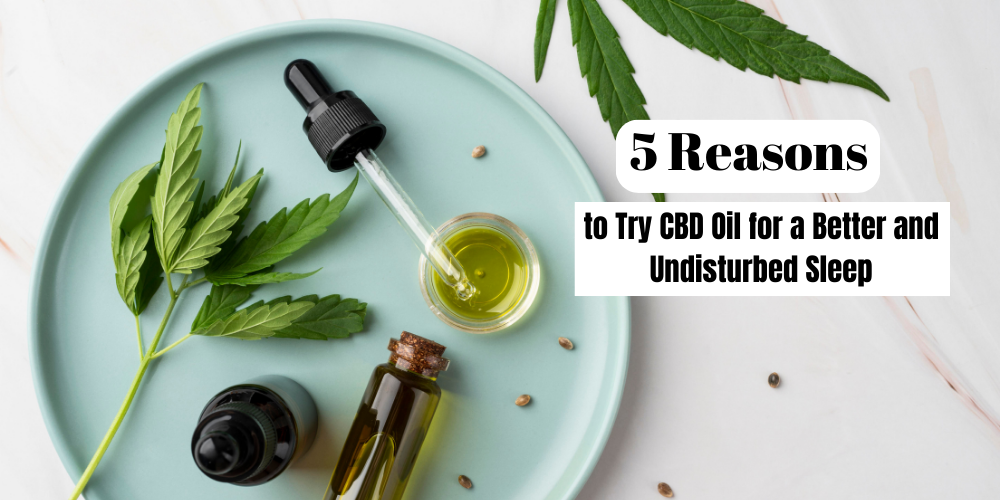State-to-State Variations: A Patchwork of CBD Oil Laws in India
In India, the legal landscape related to CBD oil varies from state to state. Instead, there are state-to-state variations, resulting in a patchwork of varying CBD oil laws across the country. For which here are some key points:
State Autonomy: The Indian Constitution gives autonomy to the states, so that they can make their own laws and rules on certain matters. All states decide their own rules in this according to their own. This includes regulation of CBD oil and cannabis related products.
Different Approaches: Different states in India have taken different approaches to CBD oil. While some states have accepted CBD oil and some states have completely banned it.
Licensing and Permissions: The licensing permission for cultivation, production and sale of CBD oil varies from state to state in India. The requirements, standards, and fees associated with these licenses also vary, making CBD oil difficult to access and available in different regions.
THC content limits: Some states have different THC content limits allowed in CBD oil products. Some states strictly enforce a THC limit of 0.3% or less as per the guidelines of the central government, while others allow it to be banned or taken after a doctor’s consultation as it is used as an intoxicant in some places.
Consumer Awareness: Different laws of CBD oil in India do not allow it to become aware among the people, due to which people run away from it. People living in different states have vastly different awareness and understanding about the legality, availability and use of CBD oil.
Clearing up the myths: Clearing up common myths about CBD oil like telling people that it is not wrong, you can take many benefits from it.
CBD oil has gained significant attention and popularity, but it is also accompanied by many misconceptions and myths. Separate fact from fiction to make an informed decision about CBD oil. Let’s debunk some common myths:
Myth: CBD oil will make you high. Fact: CBD oil derived from hemp has minimal THC levels, usually below the legal limit of 0.3%, it will not produce mind-altering effects.
Myth: CBD oil is addictive. Fact: According to current scientific research, CBD is not addictive. In fact, CBD has been shown to help individuals manage addictive behaviours and withdrawal symptoms.
Myth: CBD oil is illegal everywhere. Fact: CBD oil legislation differs from country to country and in different jurisdictions. In many places, including India, CBD oil derived from hemp with a low THC content is legal as long as it complies with regulations and is licensed by the grower.
Myth: CBD oil is a miracle cure-all. Fact: CBD oil has been treated differently in different regions, it is a good solution for every ailment. Scientific research is ongoing, and the effects of CBD vary from person to person and to the specific situation.
Myth: All CBD oil products are the same. Fact: CBD oil products vary greatly in quality, potency, and formulation. Choose reputable brands that undergo third-party testing to ensure product safety, accurate labeling, and proper CBD concentration. Understand the source, extraction method and ingredients of the product.
Legal loopholes: exploring the gray areas surrounding CBD oil
The legal landscape surrounding CBD oil is often characterized by gray areas and loopholes that can create confusion and ambiguity. Here, we delve into some of the common gray areas associated with CBD oil:
Unclear definitions: CBD oil, hemp and marijuana differ according to legal frameworks. This lack of clarity in these definitions has led to inconsistencies in how CBD oil is classified and regulated.
THC content limits: Many countries and states have THC content limits to differentiate between hemp and marijuana. However, determining the exact THC levels in CBD oil products is challenging due to testing methods, sample variations, and inconsistencies between laboratory results.
Quality Control and Labeling: In the unregulated CBD market, discrepancies in quality control and accurate product labeling are of concern. Some products claim to contain CBD but actually contain insufficient levels or potentially harmful additives. The lack of standardized rules exacerbates these gray areas.
Import and Export Regulations: The international trade of CBD oil is subject to complex import and export regulations. With these rules you can import and export
Challenges arise in ensuring legal compliance and maintaining product integrity during domestic and cross-border transactions.
Novel food regulations: In some regions, CBD oil has been considered a “new food” that requires specific authorization before it can be legally sold. Determining whether CBD oil falls under novel food regulations and navigating related requirements is a gray area that complicates market access.
Evolving Legislative Changes: The legal status of CBD oil is subject to constant evolution as lawmakers and regulatory bodies adapt to changing societal attitudes and scientific advances.


